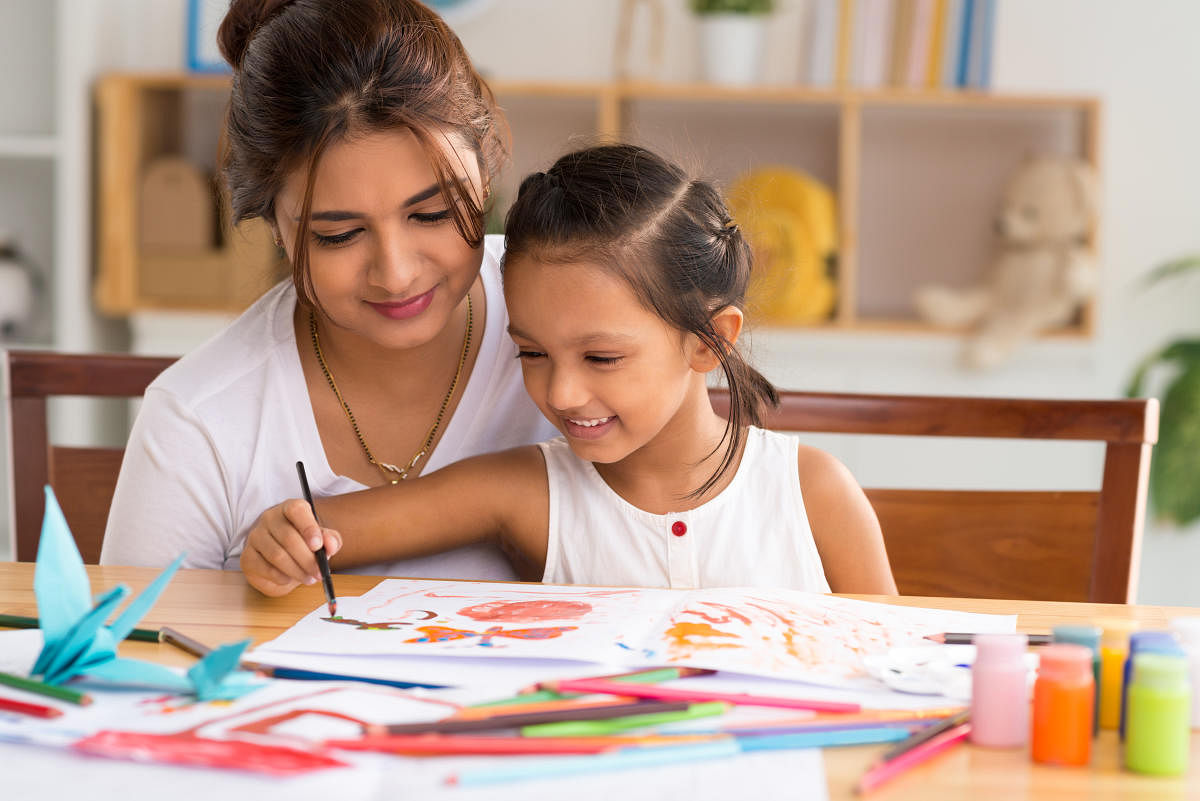
Covid-19 has inspired us to re-think the existing education models, especially for younger children. While older students are using online tools, preschoolers along with parents are logging in for classes on motor skills development and brain stimulation exercises. This, in many ways, has marked a new beginning. Designing content for preschoolers is very different from setting assignments and regular assessments for children over six years of age.
A 20-to 40-minute session will have students in front of a screen with parents keeping them company. It will mostly consist of rhymes, singing, music, movements, artwork, painting and activities to build communication skills. What is essential to remember while planning any curriculum is to design content that involves mindful practices like attention, resilience and kindness. Such practices will form the basis of learning in the early years. The curriculum must enable the development of various motor skills, body strength and agility.
Learning in the early years should cater to holistic development. Offering age-appropriate stimulus is key and can impact both their learning and developmental milestones. For instance, music is also a stimulus that plays an important part in teaching young children. Engaging songs, picture books, music videos can be useful tools to help children learn and practice skills for social-emotional development and language improvement. Similarly, a language-based programme, using phonics, can help children associate letters and their sounds, which will play an essential role in guiding them with reading skills later on.
Educators need to stay mindful of the fact that the biggest challenge with online content for younger children is that it requires the presence of a parent. It will be difficult when both parents are to work from home and be harder for single parents, parents of kids with special needs, or parents who have to work outside the home. Financial worries, lack of proper technology for online learning and other logistics will only make things more difficult. It, therefore, becomes critical for the content and activities to be not restricted to only online sessions and be possible to replicate over the weekends when time is not a constraint.
We sometimes assume that kids are digital natives, and that they know how to engage in a digital learning environment. Still, a lot of those behaviours don’t transfer when you are trying to adjust to a class environment. It is therefore, crucial for parents to guide their children on the right way to use digital tools.
(The author is co-founder, EuroKids International Pvt Ltd)